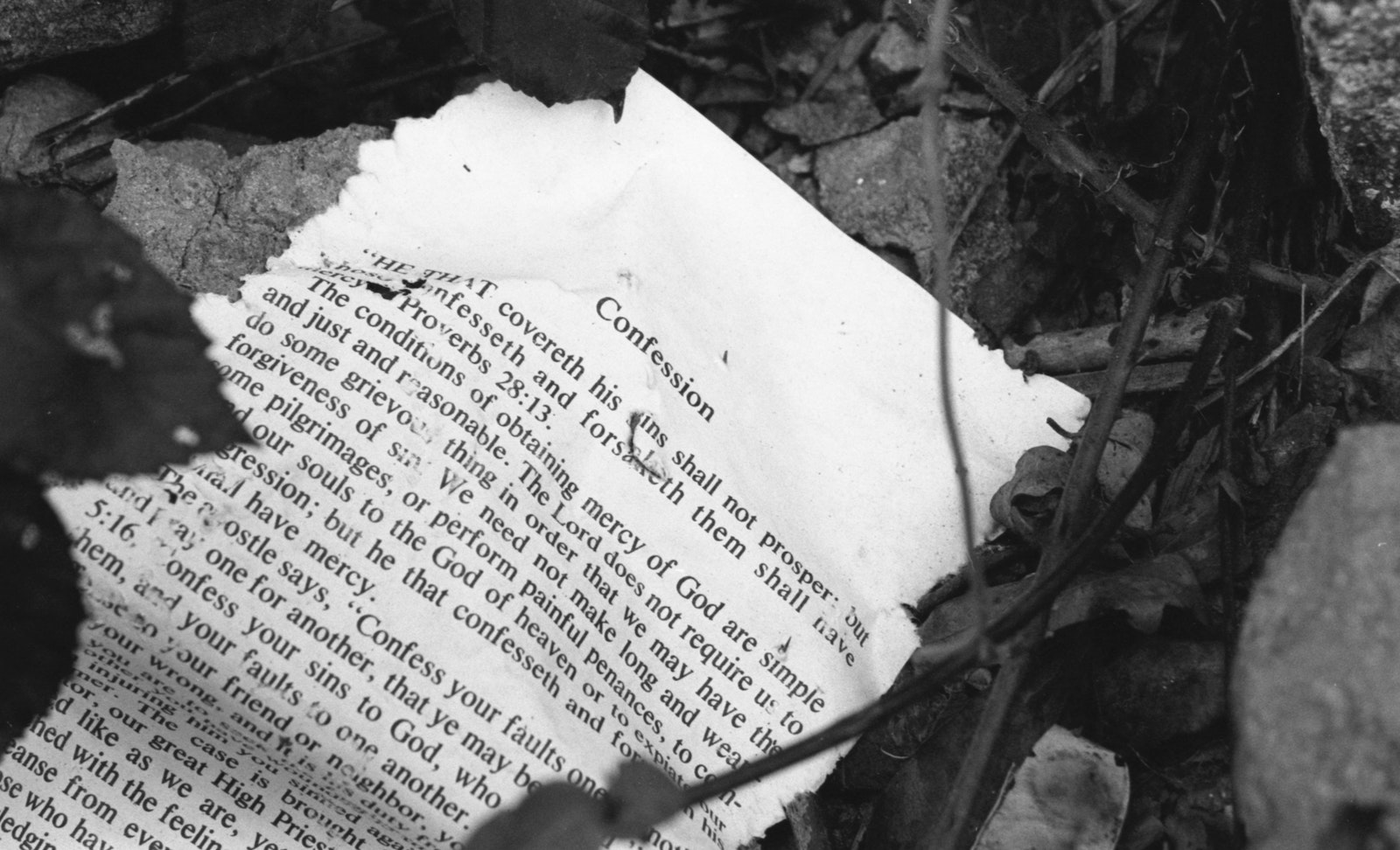
Introduction to the Theme Issue: Conviction, Civility, and Christian Witness Post
Rick Langer is the Director of the Office of Faith and Learning at Biola University where he is also Professor of Biblical Studies and Theology and the co-director of the Winsome Conviction Project. His publications have focused on applying theology to a wide variety of disciplines including business leadership, disability, suffering, bioethics, and most recently,…




















